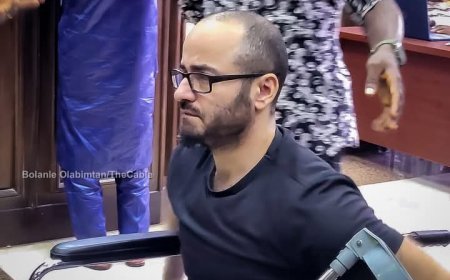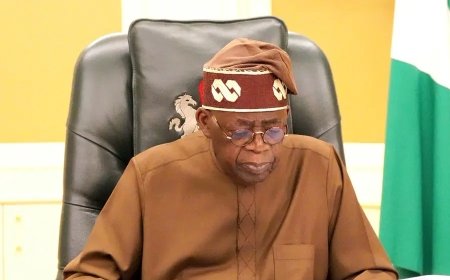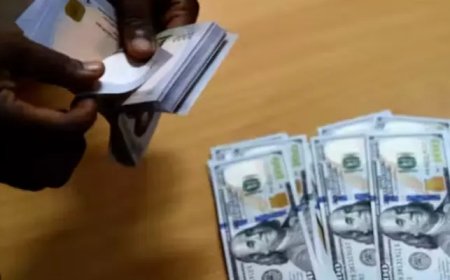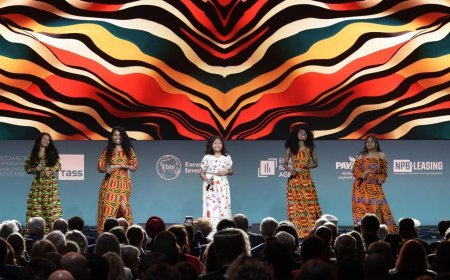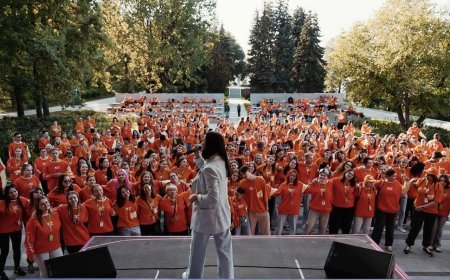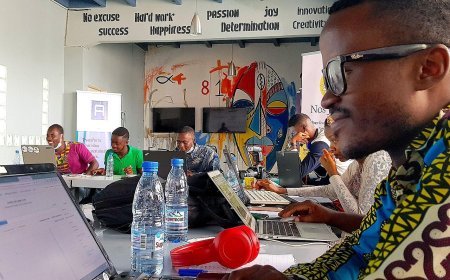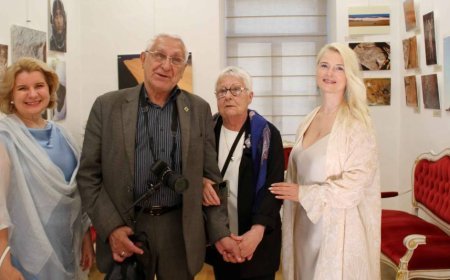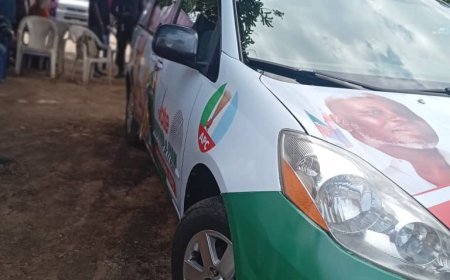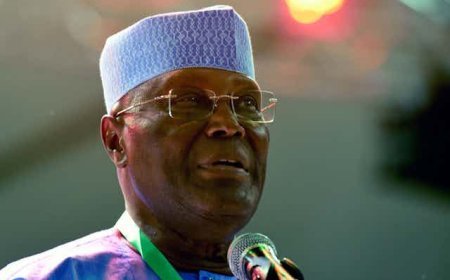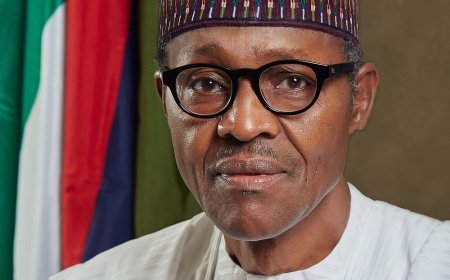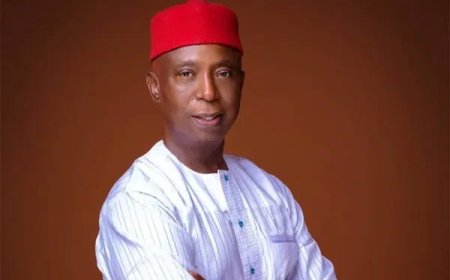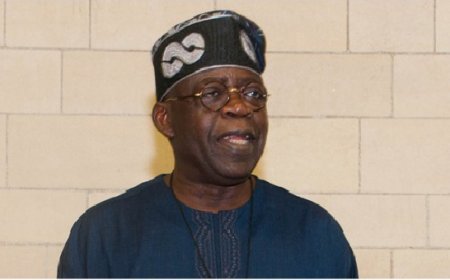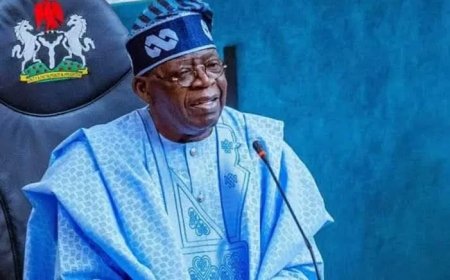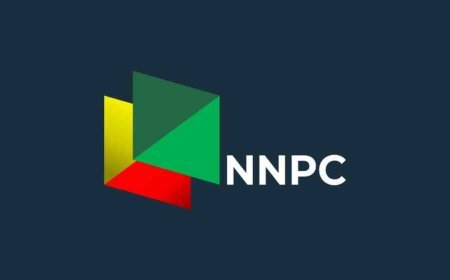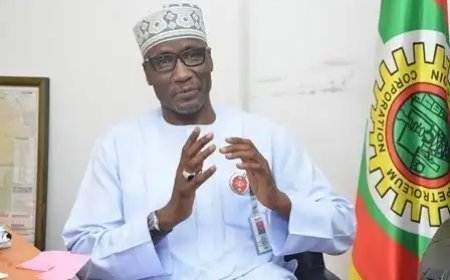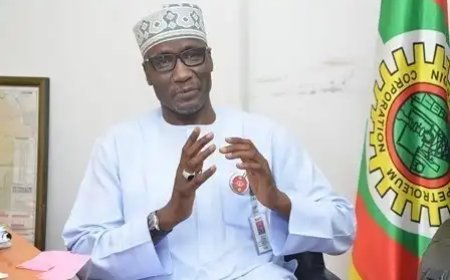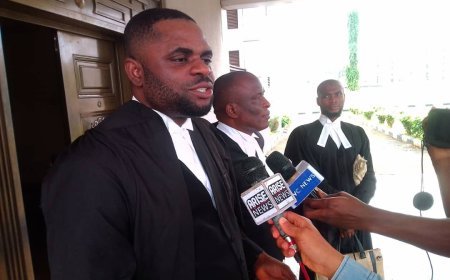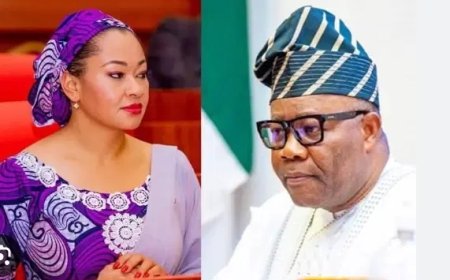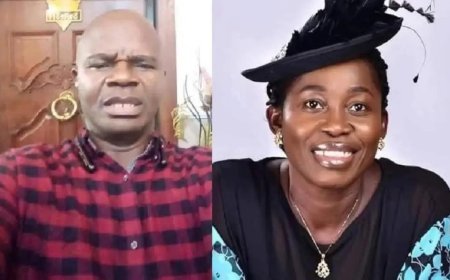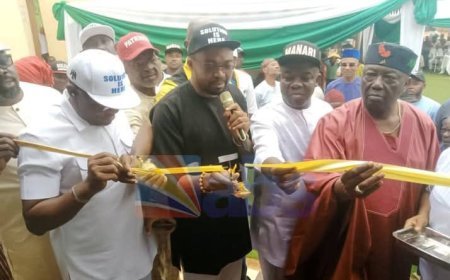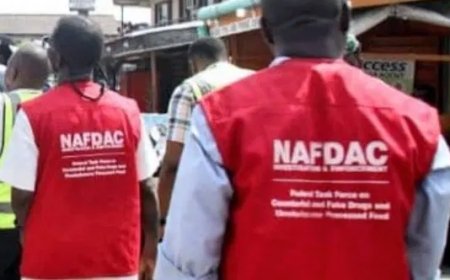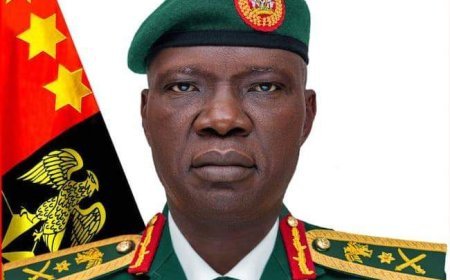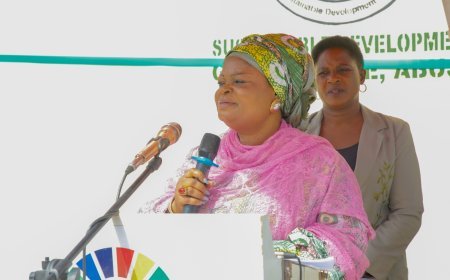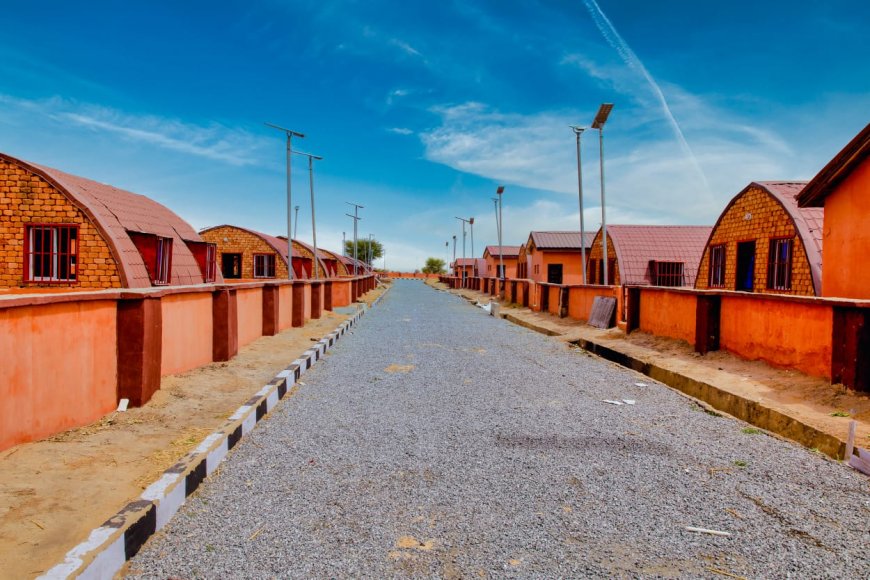The Man Eze, Winner, 2024 SDGs Shortfilm Challenge
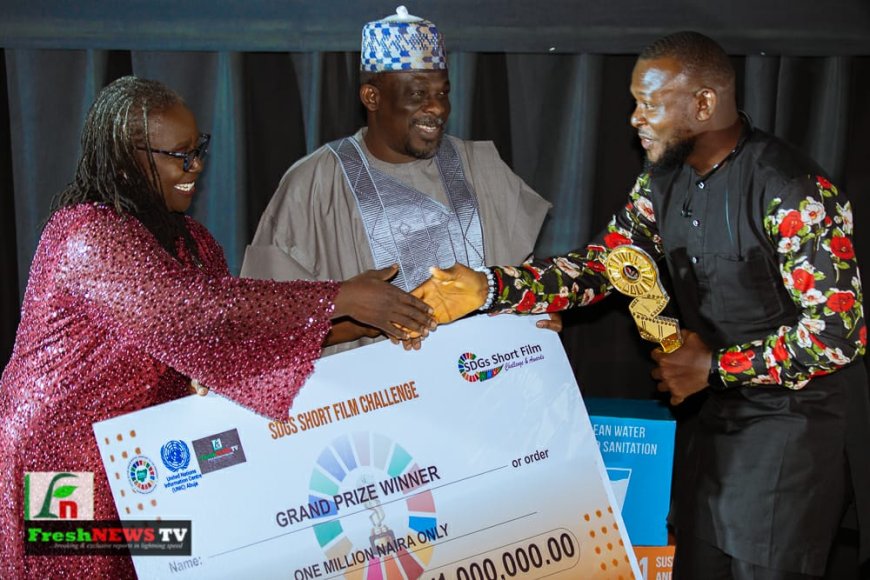
Eze Izu Daniel, winner of the 2024 SDGs Shortfilm Challenge, is a seasoned Filmmaker and Film Director with over 9 years of experience in the industry. A graduate of Theatre and Film Studies from the University of Nigeria, Nsukka, he is also a proud member of the Directors Guild of Nigeria, DGN.
Eze’s directorial portfolio includes acclaimed films such as Tare, Wasted, Faded Picture, The Ever After, Keeping Her, 10th Avenue, and most recently, Epe Idile. His work has earned him multiple awards, solidifying his reputation as a visionary filmmaker. In addition to his directing accomplishments, Eze produced and directed the Africa Magic Igbo Original Series Iwe.
He is also the Creative Director of Imaginance Media, a dynamic film production company based in Lagos, Nigeria. Eze’s approach to filmmaking is rooted in his passion for telling compelling, aesthetically rich African stories that both educate and entertain. He believes in the inherent goodness in everyone and strives to highlight the positive aspects of the people and world around him.
A passionate advocate for nation-building, Eze is committed to contributing to the growth and development of his country through the power of storytelling. He believes that film has the unique ability to influence societal change and inspire national progress, and he channels this belief into projects that uplift, educate, and foster unity.
Eze is also dedicated to personal growth and uplifting those around him, helping them discover their true potential and maximize their abilities. As a peace lover, he is committed to living an exemplary life that inspires others to do the same, always with a focus on advancing both individual and collective prosperity.
Below is a short interview he granted FreshNews multimedia shortly after his emergence as winner of the 2024 SDGs Shortfilm Challenge.
Happy reading.
Tell us a little about yourself, when you started acting and some of the films you have done.
My name is Eze Izuh Daniel. I am a film maker. I studied Theatre Arts from the University of Nigeria, Nnsuka. After graduating in 2012, I did my Youth Service in Kogi and after then, I went into the industry. My very first film was Taxi. It was a series. Then I worked as a crew member with ‘Olibiri’, I don’t know if you’ve seen the movie. I was a crew member on that set. And then I started doing projects. I moved back to Lagos doing ‘The Johnsons’. I was a Prop Master on The Johnson for quite a number of years before I started writing and directing my own works. I have done Are, Wasted, The Ever After and I did a series for African Magic, ‘Iwe’, and I’ve always continuously produced works. And most of the time, I like telling committed stories because I believe that film makers have the tools in their hands to correct and inspire the society. So, I like telling stories that have lessons at the end so that you don’t just come and watch and go back empty. I call it ‘Eductainment’, I educate you while entertaining you.
How do you feel being the winner of the 2024 SDGs Shortfilm Challenge?
I don’t know how to express my excitement. Seated back there I was shivering especially when they showed my film first. I was like, showing the first first means you are the third runner up? I was thinking like that only for them to call the last film first and then move…I was like, maybe I won this and they called my name. I was so excited. I feel like the hard work is paying up gradually. Tell us about what inspired the film Like I mention earlier during my tense speech, we work in the industry where some people, especially those from the theatre, a lot of people, colleagues, want to take some substance, either they want to smoke or take something to help them with stage fright. It really disturbs. But that is like an experience that I saw, you know. But then, I was researching, I wanted to write a script on dangers of second hand smoking initially. So I was making research about that. And you know the way we come up with stories, after you have decided the thematic preoccupation, what you want to write about, then you go into studies read about them and then the stories come after you have enough information. But after studying so much about second hand smoking, one day, I was in a crew vehicle, we were coming back from set and then the story just came. What if you talk about somebody who went into smoking because it helps him get his creativity back? Gradually, you know, you start up having this thing help you. But the table turns, you start taking these drugs especially when you advance to the cocaine and whatever, it now goes from you taking them to forcing yourself to write so that you can you can afford them. At that time, you are wasted, you are gone because you can’t actually have your creativity with you again. And also can be creative anymore.
Give us a sense of of how, in your view, the Shortfilm Challenge help can advance the idea of engaging young minds into creative ventures.
The good thing about this challenge is that I have made this film for a while and I have been looking for a way to present it globally. The essence of making film is for you to be able to find people who watch and appreciate and get the message because we are not filming for ourselves, we are filming for the audience. And so when, when I saw the SDGs competition, I told myself, this is a great opportunity to have a lot of youth see it. I also knew that they would put it on their youTube page and I could just send people there because some of my friends have been asking me, that your film, how far? When they put it on YouTube and promoted it, I had to tell people, from Rwanda, several countries, whom I shared the link with. They watched and liked it and in fact, some organizations that saw it are actually talking to me about having to take the film to different schools. I am hoping and looking forward to it.
Are you inspired by this moment?
Yes I am.
The SDGs Shortfilm Challenge is one of the ways to deploy films for the SDGs. Your presentation is on Goal 3-health. Beyond this, how useful do you think film is as a medium of preaching the SDGs?
I think as a film makers, we can because the whole essence of the SDGs is to create a better society for ourselves. If you go into different goals, we could all take on topics that affect these goals with the viewpoint of enlightening on the importance of their importance and how they can key into it. I also feel that beyond this competition, if the SDGs goals, we mus realize some of the people who really need these goals are mot on the social media. So we need to find a way of getting these projects to them, probably get the winning films or the films that have keyed on the topics we want to promote, organize village symposium, places we can take the message to them. We need to take it to them and let the see it. You need to see the number of our youths on the streets. They are wasted, from the secondary school. Their heads are not in education again. We need to take these messages to them. Myself, I am very very opened to giving such help and assistance and being part of such events. We have to take the projects to those who are there and make them see it because the good thing about film is that it goes beyond somebody telling you. You will see it from the beginning and the reason. There is something we call Carthasis-purgation of emotion. At the end of the day, you’ll see what happens to the actor that will make you reach the conclusion that oh, if I do this thing, if I continue in this line, I wll be like this. So you will want to change. Pictures speak louder than words.
What's Your Reaction?







